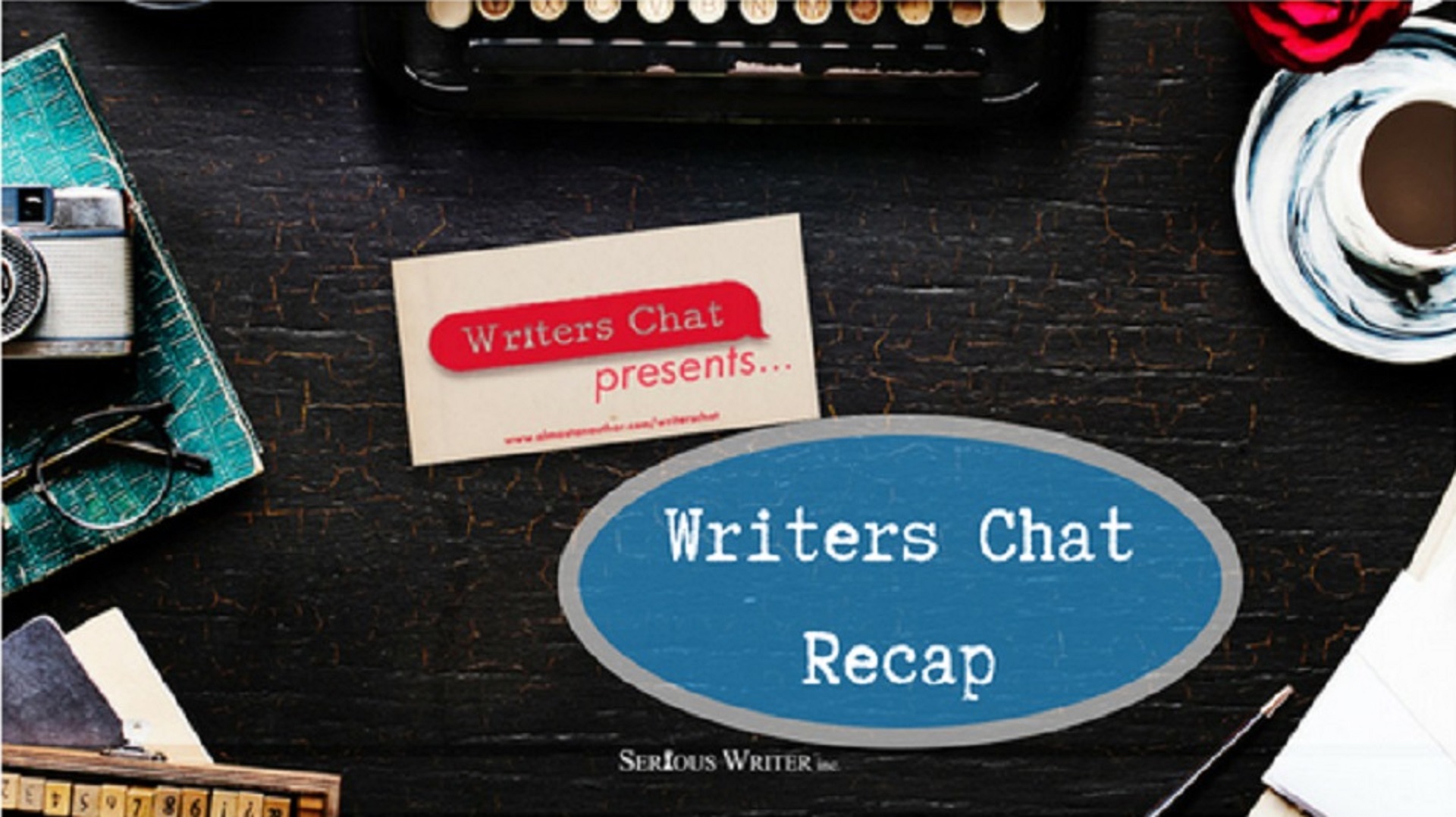
The Intentional Writer
Why Do You Need a Concise Writing Ministry Statement?
Why do you write? How does what you write benefit others? Have you identified the purpose or ministry of…
October 24, 2021
Why do you write? How does what you write benefit others? Have you identified the purpose or ministry of…
October 24, 2021
Fifteen years ago a high school football standout was diagnosed with brain cancer his senior year. He approached me…
November 29, 2020
Writers Chat, hosted by Jean Wise, Johnnie Alexander, and Bethany Jett, is the show where we talk about all…
October 15, 2020
Christian Living and Devotional writing falls under the umbrella of non-fiction writing. In general, non-fiction writing informs and motivates…
March 19, 2020
Do you want to do something that makes a difference? When I first started writing, I was content to…
May 14, 2019